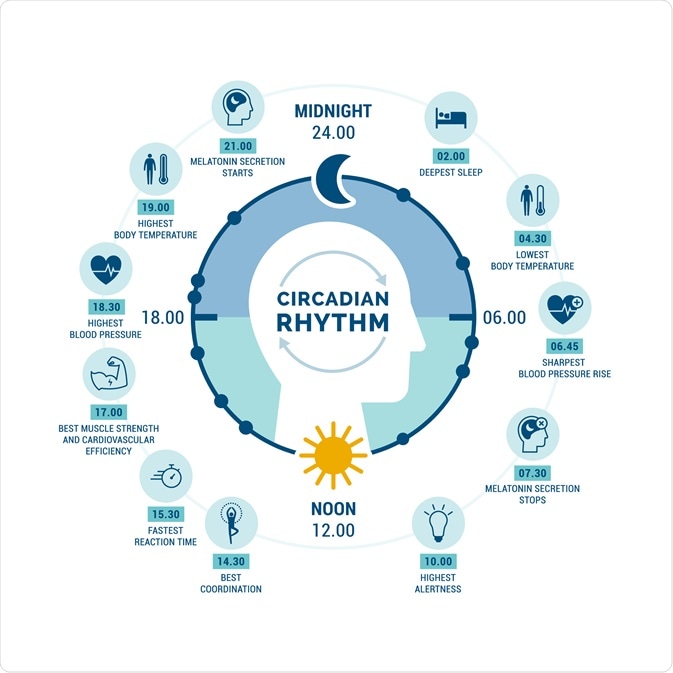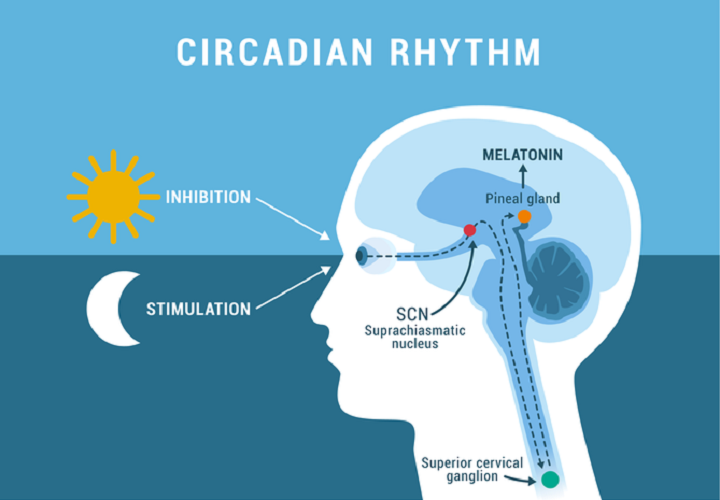
Optimize Your Well-Being with Circadian Rhythm Harmony

Optimize Your Well-Being with Circadian Rhythm Harmony
Our bodies operate on a natural internal clock known as the circadian rhythm, a crucial factor influencing various aspects of our health and well-being. Understanding and aligning with this biological rhythm can significantly contribute to overall vitality and wellness.
The Significance of Circadian Rhythm:
The circadian rhythm is a 24-hour cycle that regulates the sleep-wake cycle, hormone production, and other physiological processes. It plays a pivotal role in maintaining balance and homeostasis within the body. Disruptions to this rhythm, often caused by irregular sleep patterns or exposure to artificial light, can impact health negatively.
Quality Sleep and Circadian Health:
One of the key elements influenced by the circadian rhythm is our sleep-wake cycle. Prioritizing quality sleep is essential for maintaining circadian health. Establishing a consistent sleep schedule and creating a conducive sleep environment can enhance the overall quality of your sleep, promoting better physical and mental well-being.
Nutrition and Circadian Rhythm:
The timing of meals can also influence circadian rhythm health. Research suggests that aligning your eating patterns with your body’s internal clock can positively impact metabolism and digestion. Consuming meals during the optimal times of the day, such as avoiding heavy meals
